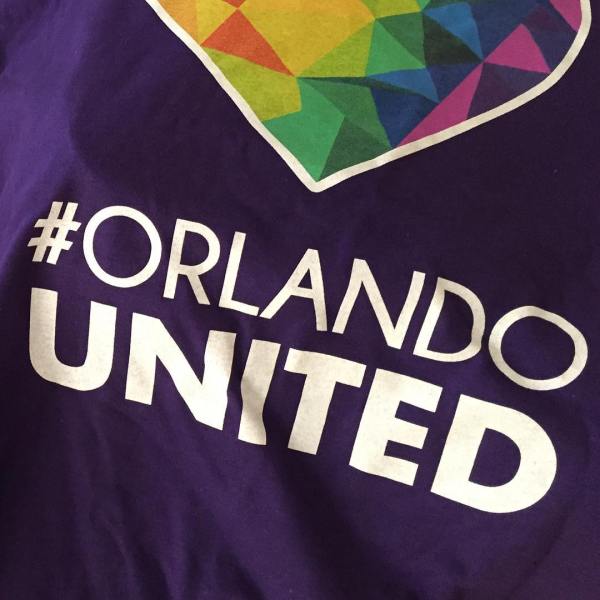
I have a few, in fact. Sometimes I forget about them for, um, years, and then remember that I used to put my thoughts down on the page over here. Sometimes it’s difficult to want to write about my life. For a few years, I’ve been mulling over the fact that a few things that seemed eternally hopeful about life just — aren’t.
I’ve been reaching to Buddhism lately to fold in a lot of what’s going on around me.
A few weeks ago, at 2 AM on a quiet Sunday morning while I was asleep, 49 people five miles away from my bedroom were murdered. How do you fold that into life as if it’s ordinary?
Dave and I had a few tough discussions about it. I felt anguished, and said that it was hard to see my way to hope about our family, the future, the world, when horrific events happen in our very neighborhood. My first reaction to the shooting was that I wanted to hole up in my house, never let my kid out of my sight, and build a wall around us so that we’d always be safe.
“This is not isolated,” Dave said gently. “This is reality. This is reality for most of the world’s population. They have to get up and go on living no matter what might happen to them, and so do we.”
A tough lesson, but a true one. I’m still folding it into my heart, though, and into my head. Sometimes, after a beer or two, when I feel relaxed, I realize just how close to tears I am — at life, at the unbearable danger of it, the inevitable reality that we all shut down, close up, stop interacting with the world, and, well, die.
Thanissaro Bhikkhu translates Buddhist scripture as saying:
“Birth is stressful, aging is stressful, death is stressful; sorrow, lamentation, pain, distress, & despair are stressful; association with the beloved is stressful, separation from the beloved is stressful, not getting what is wanted is stressful.”
When a huge, horrific situation happens, it’s an immediate reminder that all of the things in life that are impermanent are exactly that — impermanent. So what can we do about it?
The first of the four noble truths is just saying, “Now that I’m alive, everything is definitely going to make me suffer.” Things that can cause you to suffer and change and think and process will absolutely make you do these things. It’s ridiculous to think that the phrase “happily ever after” exists, and it’s only in our imagination and dreams that it does. This isn’t pessimism so much as realism. Life is not fixed and forever, things are actively falling apart, entropy wins every time.
The second and third Noble Truths say that because we accidentally think of impermanent things as permanent, we cling to them and expect them to be around forever, and they inevitably hurt us when they aren’t. All that’s necessary is to remember that this thing we cling to, we’ve already lost. Be realistic about life, and the things you’ve been clinging to can be given up more easily.
OK, not really, because there are things that it’s impossible to not cling to. I guess this makes detachment the work of a lifetime, or a few of them.
That last noble truth actually branches into eight — a plan for how to live so that we can better handle life. The philosophy is called the eight-fold path, but I think that the most interesting part of it is the seventh step, mindfulness (Sati is the word for it in Pali; Smriti in Sanskrit).
It means accepting life as it is now, rather than the way we think it should be. 49 people were murdered near my house on a quiet Sunday morning at 2 AM. This is a part of the fabric of reality now. So I’m going to try to focus on the moment.
I am here in this world right now, and maybe focusing on what I still have will help me take better care of it.



